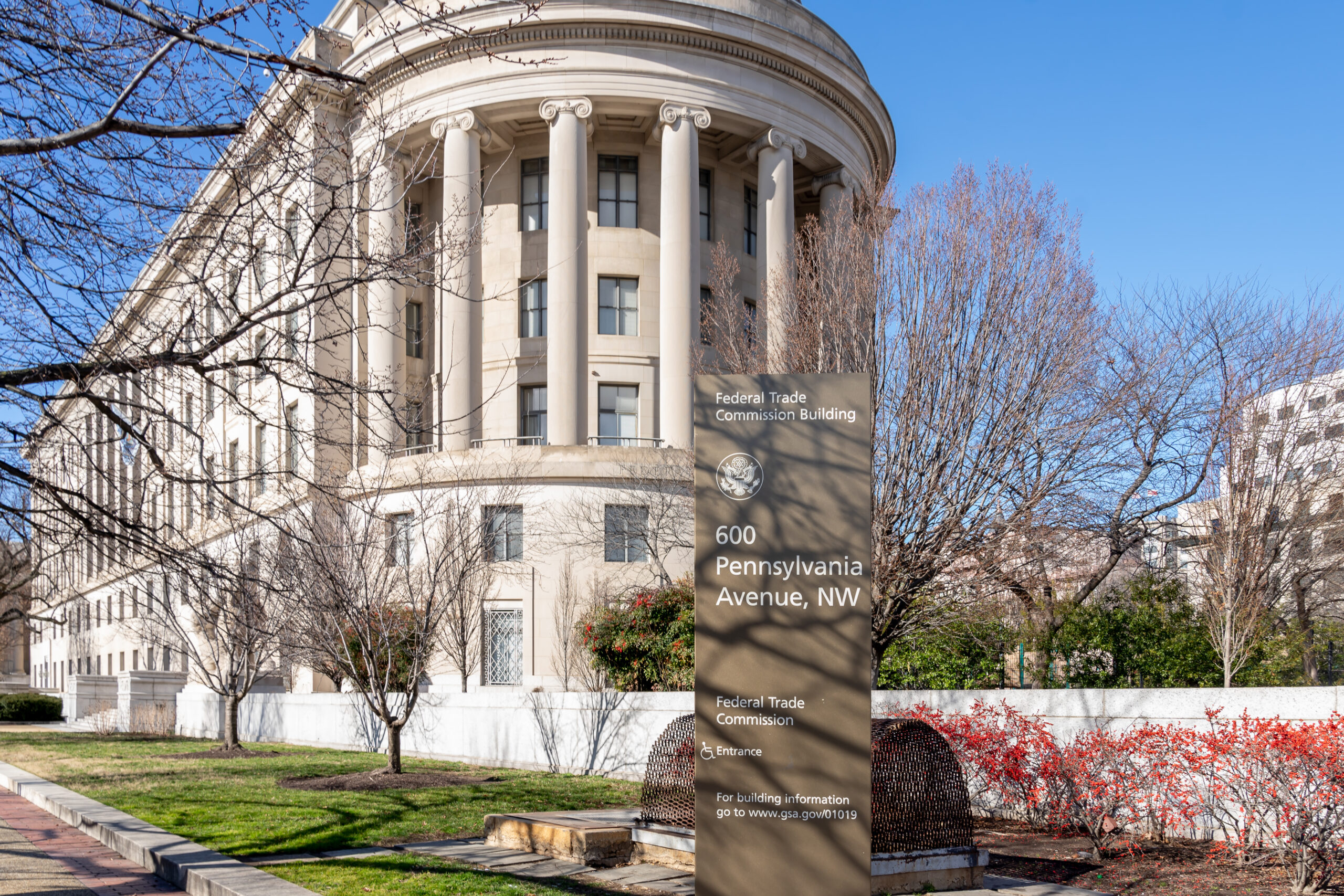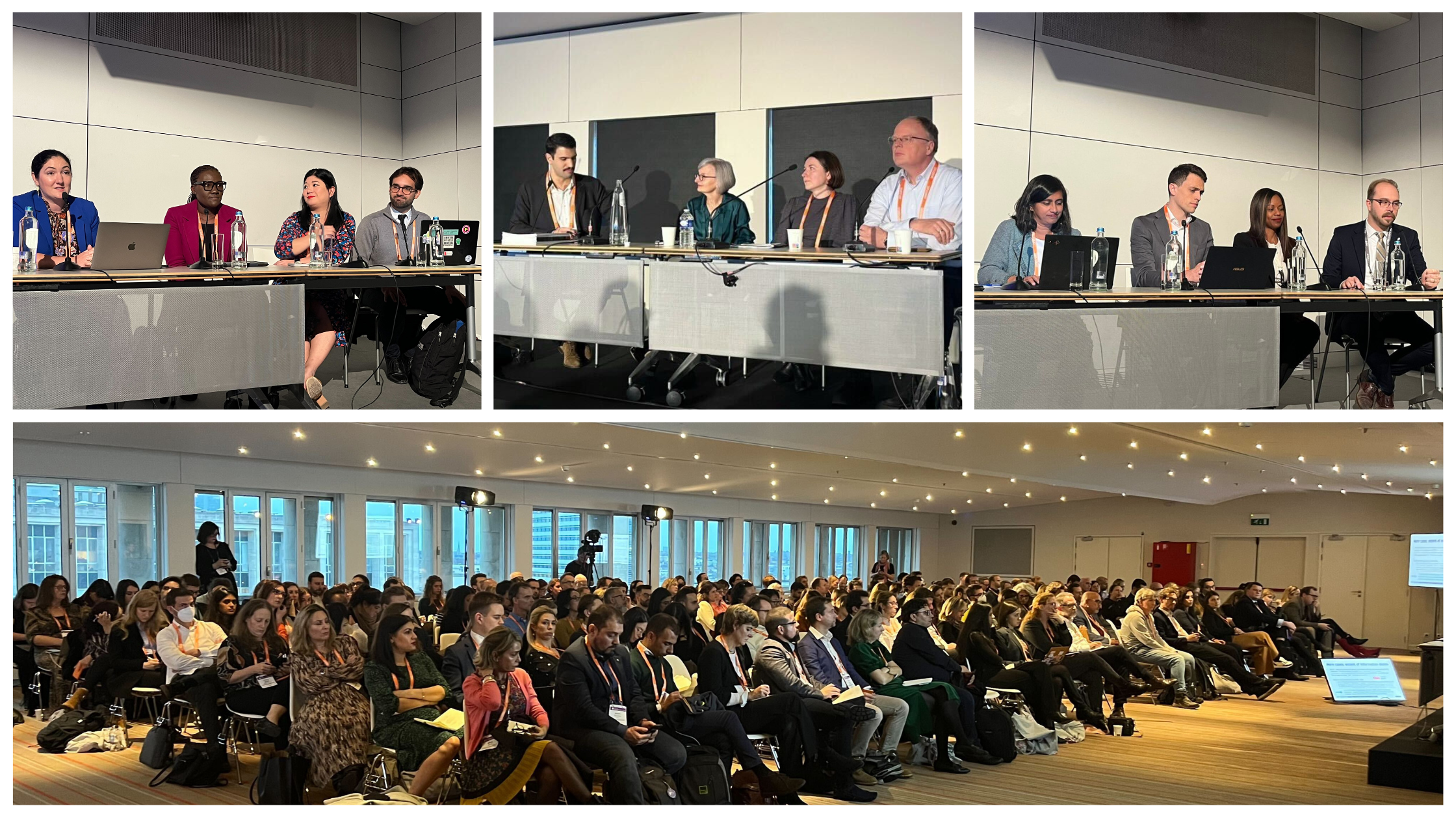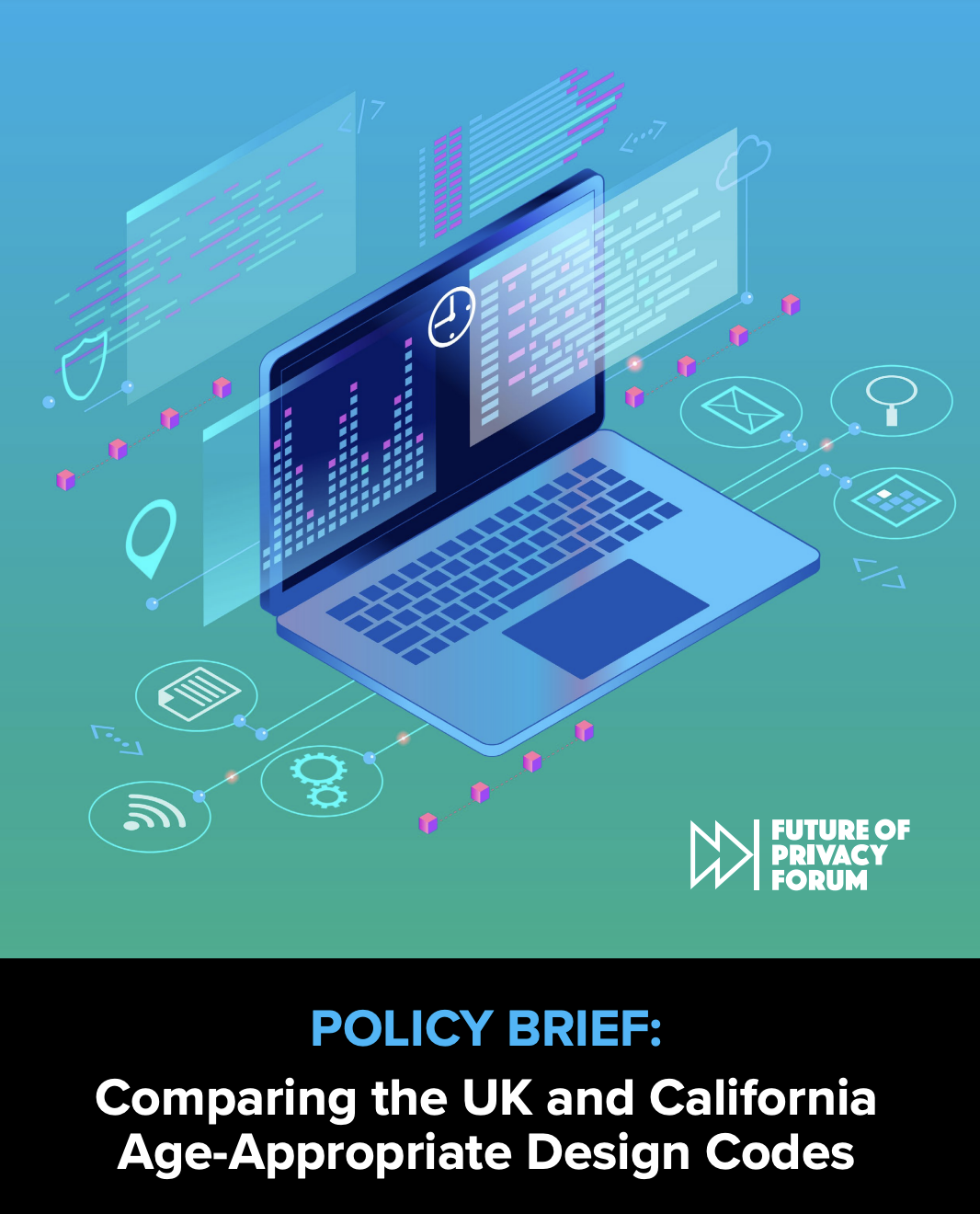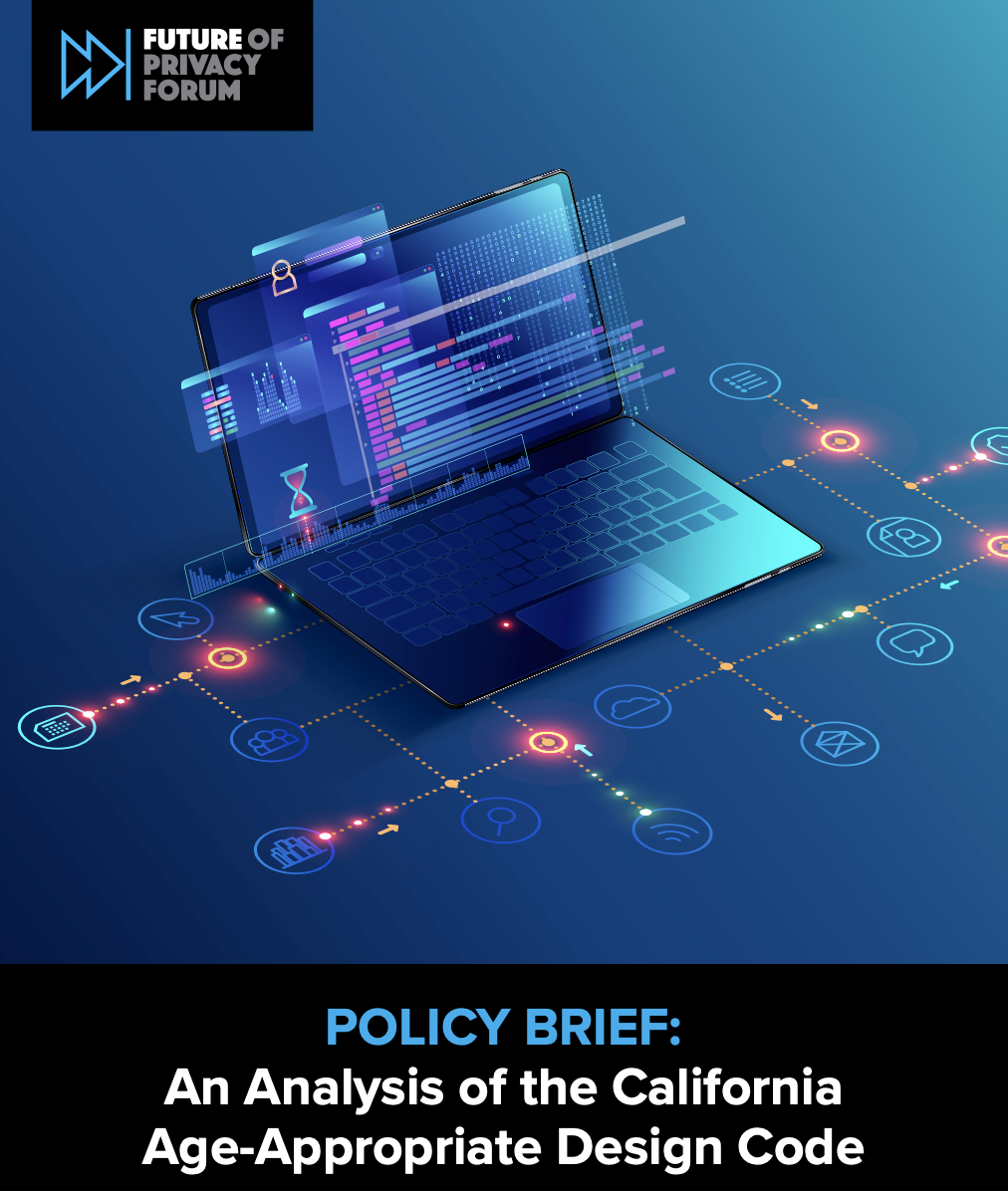Showing results for virg xped sign promo code moldova

FPF in 2022: A Year in Review
[…] The Hill and Lawfare editorials respectively. In addition to federal privacy legislation, 2022 also saw the introduction of consumer privacy laws in Utah and Connecticut, joining California, Virginia, and Colorado. Last month, FPF urged the Federal Trade Commission to prioritize practical rules that clearly define individuals’ rights and companies’ responsibilities in our filed comments […]

Record Set: Assessing Points of Emphasis from Public Input on the FTC’s Privacy Rulemaking
[…] because the regulation of data privacy and security is a “major question” best served through Congress. These comments focused on the Supreme Court’s 2022 ruling in West Virginia v. EPA, holding that regulatory agencies, absent clear congressional authorization, cannot issue rules on major questions that affect a large portion of the American economy. Several […]

FPF at IAPP’s Europe Data Protection Congress 2022: Global State of Play, Automated Decision-Making, and US Privacy Developments
[…] remarks on state-level legislation focusing on the California Consumer Privacy Act (CCPA) as amended by the California Privacy Rights Act (CPRA), adding that Colorado, Connecticut, Utah, and Virginia have similar laws. She elaborated on the CPRA’s contractual language, comparing California’s categorization of “Businesses,” “Contractors,” “Third Parties,” and “Service Providers” to the GDPR’s distinction between […]

Five Big Questions (and Zero Predictions) for the U.S. State Privacy Landscape in 2023
[…] Rights Act (CPRA) ballot initiative expanded California’s privacy regime, establishing heightened protections for certain sensitive personal information and providing a right to correct inaccurate data. In 2021, Virginia (VCDPA) and Colorado (CPA) enacted laws that are notable for creating ‘opt-in’ affirmative consent requirements in addition to California-style ‘opt-out’ privacy rights. Finally, in 2022, Connecticut […]

FPF Releases Comparative Analysis of California and U.K. Age-Appropriate Design Codes
[…] distinctions between the two codes, the California AADC, which is set to become enforceable on July 1, 2024, was modeled after the UK’s version and represents a significant change in the regulation of the technology industry and how children will experience online products and services. Download the POLICY BRIEF: Comparing the UK and California […]

FPF Releases Analysis of California’s New Age-Appropriate Design Code
[…] California Age-Appropriate Design Code. The new report outlines and analyzes Assembly Bill 2273, the California Age-Appropriate Design Code Act (AADC), a first-of-its-kind privacy-by-design law that represents a significant change in both the regulation of the technology industry and how children will experience online products and services. Download An Analysis of the California Age-Appropriate Design […]

Judge declares Buenos Aires’ Fugitive Facial Recognition System Unconstitutional
[…] Aires (“the Ministry”) to issue additional regulations for its “effective implementation” and invited the Public Defender’s Office to audit the system. In March 2020, the Public Defender signed a collaboration agreement with the Ministry in the context of Resolution 398, but noted that beginning in 2019 it had documented “serious flaws” in the functioning […]

FPF Participates in FTC Event on “Commercial Surveillance and Data Security” Proposed Rulemaking
[…] with widespread collection of personal data. Finally, she asked about the limitations of the traditional notice and consent model for protecting consumer privacy. Members of the panel signaled strong support for the FTC’s efforts to establish national, clear standards regarding what constitutes unfair or deceptive data collection, storage, and use. EPIC’s Caitriona Fitzgerald spoke […]

Age-Appropriate Design Code Passes California Legislature
Update: On Sep 15, 2022, California Governor Gavin Newsom signed AB 2273, the California Age-Appropriate Design Code Act. The law will apply to businesses that provide online services, products, or features likely to be accessed by children and broadly requires businesses to implement their strongest privacy settings by default for young users up to the age […]

FPF at CPDP LatAm 2022: Artificial Intelligence and Data Protection in Latin America
[…] train and develop core algorithms and to continuously improve them, these exceptions are particularly crucial to the development of new technologies – but may also represent a significant increase in risk to the individuals concerned. Panelists identified a number of areas where regulators in Latin America are currently working to issue more specific guidance […]
